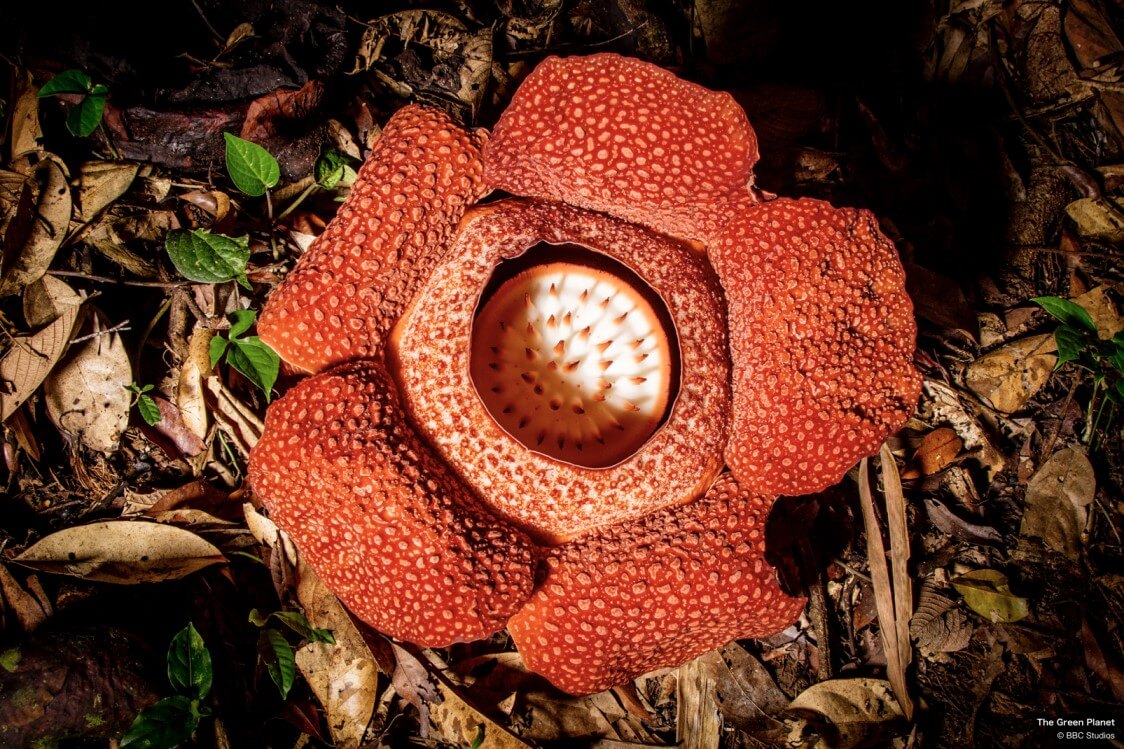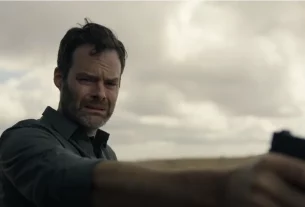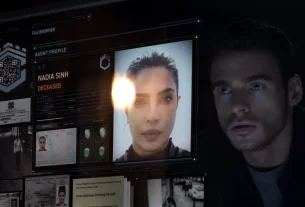Following the launch of the powerful nature masterpiece “The Private Life of Plants” 26 years ago, the BBC took 4 years to travel to 27 countries and regions around the world and once again launched a series of documentary films focusing on the world of plants “The Green Planet”.
“The Green Planet” is the world’s first documentary that focuses on plants through an immersive presentation, and is narrated by Sir David Attenborough.
This documentary uses innovative shooting techniques to capture the microscopic world that the human eye can’t observe. It uses a magnificent lens language to examine the inexhaustible micro-ecology, combined with the latest discoveries of plant science, to present the secret and wonderful world of plants on the earth to the audience. , Again subverting human understanding of life.
There are five episodes of “The Green Planet”, which respectively tell the story of plants in different living environments: from Tropical Worlds, Water Wolrds, the change of seasons to the desert world and the urban environment where humans live.
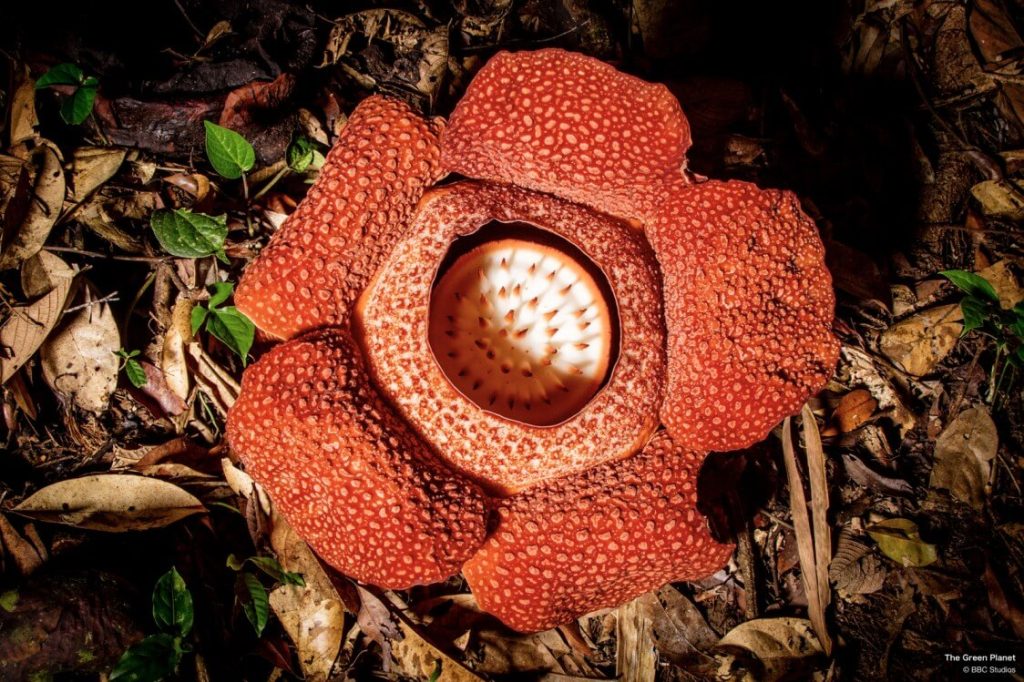
Michael Gunton, chief producer of “The Green Planet”, said: “Humans know very little about plants. In fact, plants and animals are surprisingly similar. They are as aggressive, competitive and dramatic as animals. They will develop for the sake of’food’ and sunlight. In life-and-death struggles, they will also participate in fierce territorial competition, desperately reproducing offspring and dispersing seeds. They will calculate, hunt, deceive and communicate; they will protect their relatives; they will also manipulate animals in order to achieve their goals. When plants and animals interact. Contrary to the appearance we see, it is usually plants, not animals, that play a leading role.”
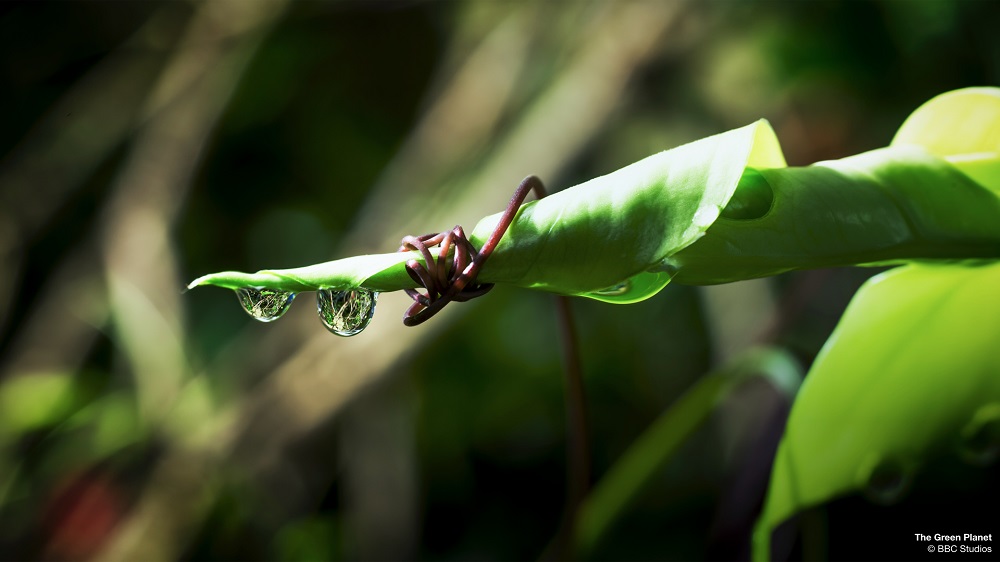
“The Green Planet” will show the audience how plants can lure animals to serve them and how to protect themselves from being eaten. It will also expose the largest organism ever, the predator of the plant kingdom, and the most vicious defensiveness in the world. plant.
Plants and humans live on different time scales. The filming team pioneered a robot movement control system, using breakthrough real-time and time-lapse photography technology, allowing viewers to observe their lives from the time scale and perspective of plants.
The production team worked with engineers, optics experts and computer experts to jointly develop a photographic robot called the “Tripod Tree” that captures images from 7,000 different locations.
The “three-legged tree” can move on a human time scale, but all the actions presented in the camera are delayed.
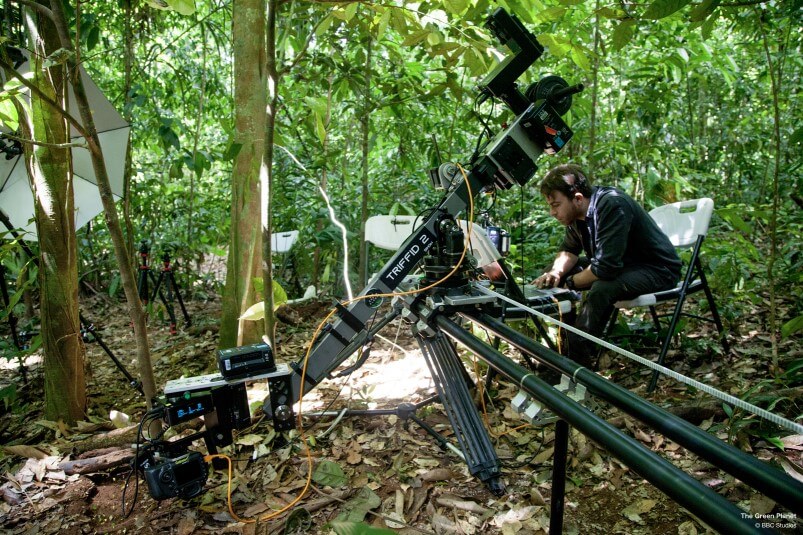
It is this innovative technology that helped the filming team successfully capture the entire process of Leafcutter Ant carrying leaves from the tree to the ground. This lens is the pinnacle of this technology, and no other team can complete similar works.
In addition, the use of thermal imaging cameras, magnified frame overlay technology, ultra-high-speed cameras and high-end microscope technology allows viewers to experience the delicate and delicate dynamic beauty of plants in an immersive manner. The viewing angle and experience are comparable to “Planet Earth”.
The plant species in tropical forests are more abundant than anywhere on earth, and fierce competition is constantly staged, which is like a battlefield.
Relted Post: “The Green Planet” Review: Another Excellent Nature Documentary by BCC .
In the first episode of “Tropical Worlds”, Sir David Attenborough will expose plants’ greatest ally and also their most severe enemy: fungi.
Fungi will decompose dead plants and release the nutrients needed for the growth of living plants, but some fungi will also attack and kill plants.
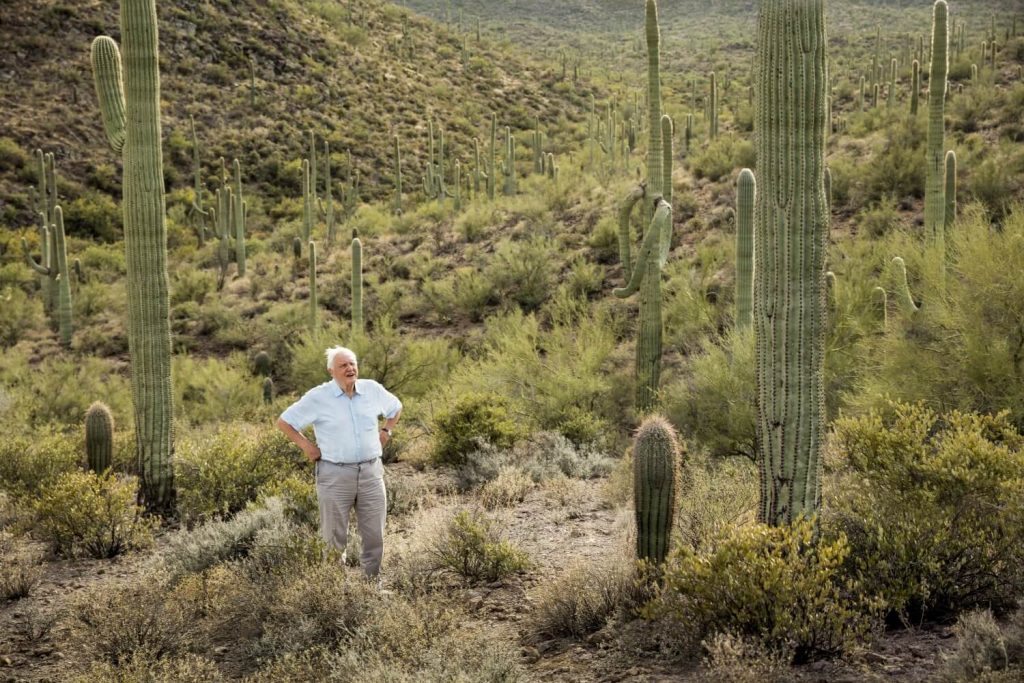
Another highlight of this episode is the Kjeldahl flower—”Amorphophallus titanum (Becc.) Becc”, which is a parasitic plant without leaves or even stems.
This plant parasitizes in the vine, and obtains everything it needs from the vine, until it finally produces a huge flower bud.
After the buds opened, the largest flower in the world appeared. The petals were as wide as one meter, but the flowering period only lasted a few days.
Its texture, color, and smell resemble animal carcasses, attracting scavenging flies, which lay eggs in carrion.
In the episode of “Desert World”, the film crew went to Taklimakan Desert to shoot the spectacular Populus euphratica forest.
Taklimakan Desert is one of the driest deserts in the world. The sand dunes there are constantly deforming and so tall that they can even swallow the Eiffel Tower.
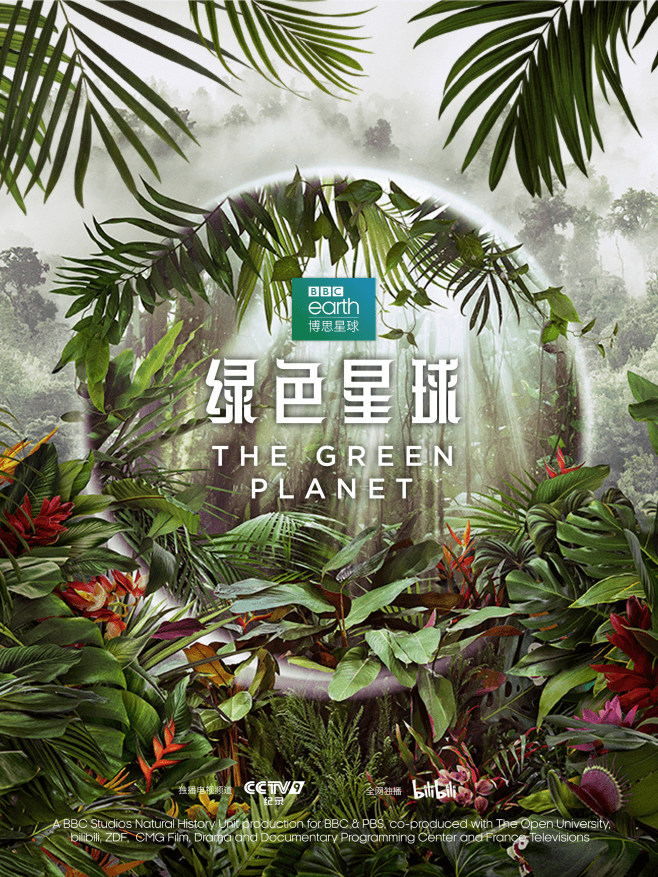
But even these dunes still grow strong Populus euphratica, some of which are more than a thousand years old.
The roots of Populus euphratica can extend super long, and seedlings sprout from the roots. The root systems of all Populus euphratica are connected to each other to form a huge net.
As long as one Populus euphratica can find a water source, other Populus euphratica can share it and survive tenaciously in this desert.
In addition, “The Green Planet” also focuses on the companion relationship between plants and humans.
Sir David Attenborough said: “Plants are the most important ally of mankind. We rely on plants for every breath and breath. However, to humans, plants are just static bystanders. They have no response or resentment to what humans do. It will only die silently, and this is all because of our insufficient attention and understanding of plants.”
“The Green Planet” is produced by the Natural History Department of BBC Studios for the BBC and PBS, and is jointly produced by the Open University of the United Kingdom, Bilibili, ZDF German TV, China Central Radio and Television Film and Television Documentary Center, and French TV.
It will be launched on the BBC at 21 o’clock on January 9th.
